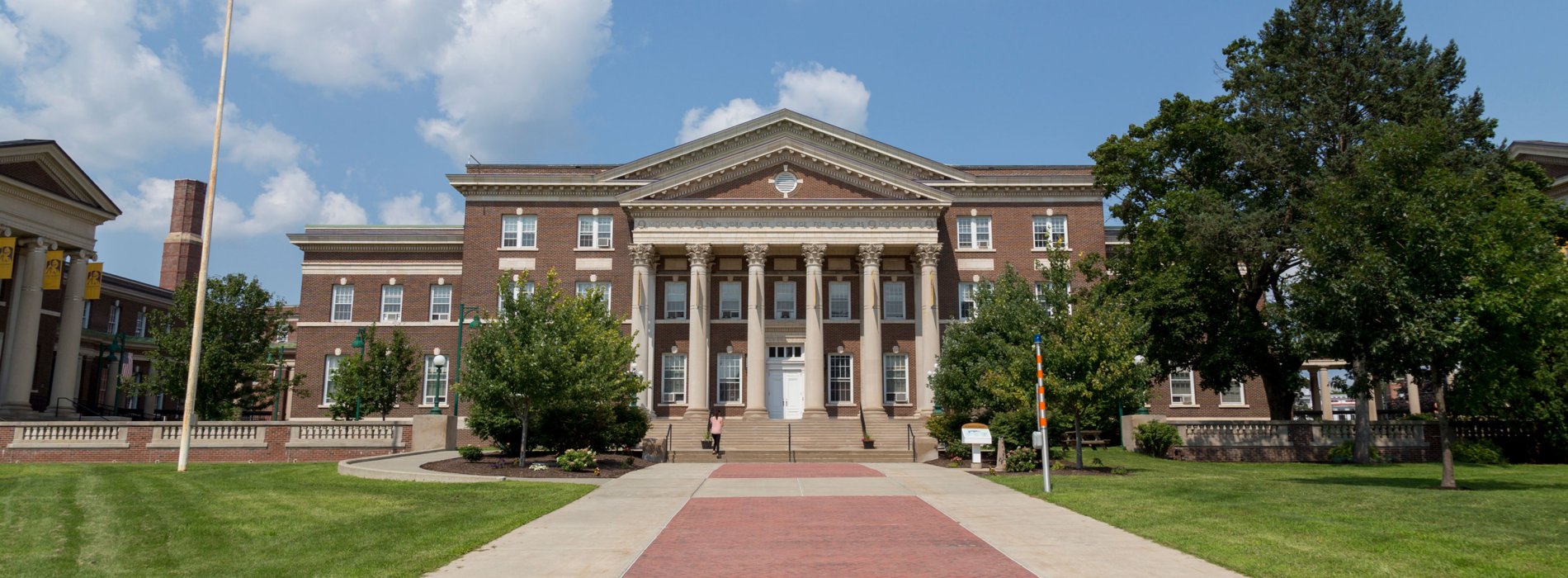The Center for Human Services Research (CHSR) has over 30 years of experience in social service research and evaluation. CHSR is dedicated to developing empirically-based knowledge to improve the design and delivery of services that address social issues and meet community needs in the Capital Region, across New York State and across the United States.
We conduct evaluation research and design information systems to inform policymakers and service providers across a broad spectrum of fields serving vulnerable and marginalized populations using our sophisticated research, technical, and management skills. CHSR values integrity in its work and is dedicated to providing timely, accurate, and non-partisan information to guide best practice in the human services.
CHSR also houses the Data Management and Analytics Center (DMAC), which supports University at Albany researchers by providing consulting and more extensive services for analytical, survey design and implementation, research and methodology, and research technology needs.
Our Work
CHSR areas of inquiry and expertise cover a wide range of topics including education and early childhood development; children, family, and elder services; health behavior and services; economic and community development; and criminal and juvenile justice; for more information, see the Projects tab above.
Our staff are skilled at qualitative and quantitative evaluation and research, program development, and system and software development; for more information, see the Skills & Expertise tab above.
CHSR has developed significant partnerships with several University entities and with government offices and non-profit service providers throughout New York State, and has written successful grant applications for local, state, and federal funding.
External Links
Follow CHSR on Linkedin to learn more about our recent research, evaluations, analyses and activities.
Find all of CHSR's reports, research briefs and publications in our Scholars Archive page. Our recent public presentations are available on our Publications tab above.
CHSR creates and hosts dashboards demonstrating project implementation progress and outcome achievement through interactive data visualizations in Tableau dashboards. View our public dashboards.
135 Western Avenue
Albany, NY 12203
United States
8 a.m. to 4 p.m. Monday through Friday
To meet our team, view the Staff Directory tab above.

























